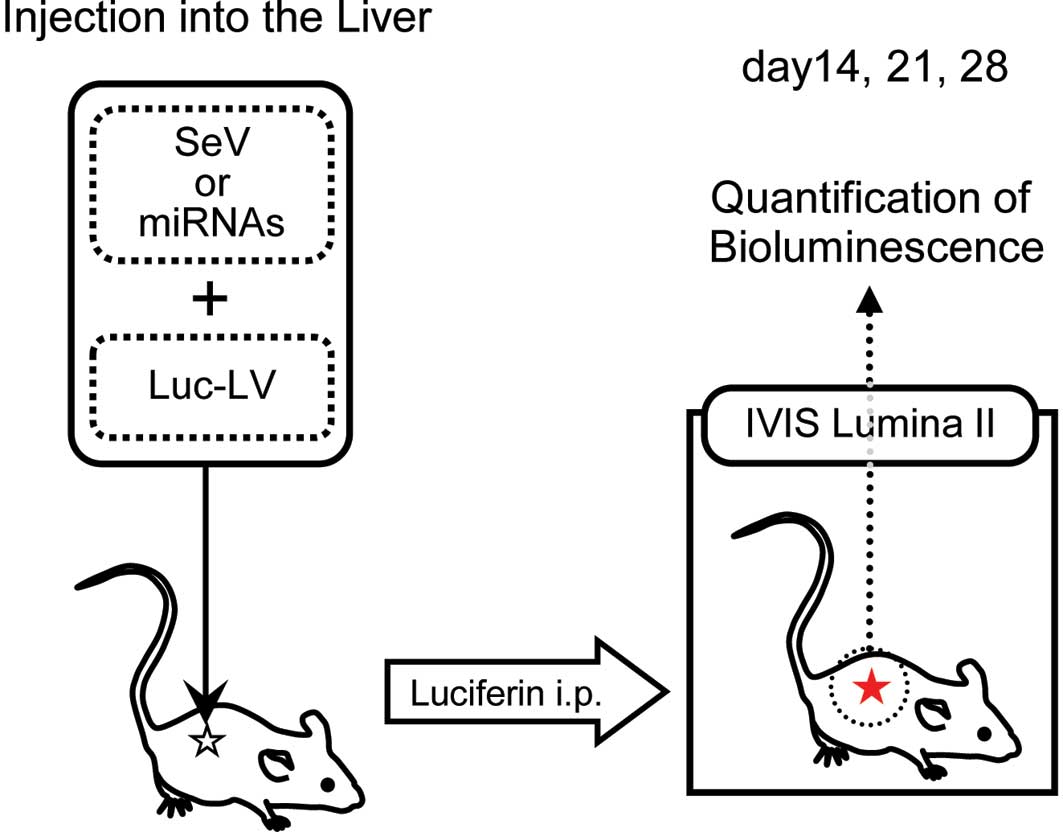Spandidos Publications style
Tomokuni A, Eguchi H, Hoshino H, Dewi DL, Nishikawa S, Kano Y, Miyoshi N, Tojo A, Kobayashi S, Gotoh N, Gotoh N, et al: Effect of in vivo administration of reprogramming factors in the mouse liver. Oncol Lett 6: 323-328, 2013.
APA
Tomokuni, A., Eguchi, H., Hoshino, H., Dewi, D.L., Nishikawa, S., Kano, Y. ... Nagano, H. (2013). Effect of in vivo administration of reprogramming factors in the mouse liver. Oncology Letters, 6, 323-328. https://doi.org/10.3892/ol.2013.1418
MLA
Tomokuni, A., Eguchi, H., Hoshino, H., Dewi, D. L., Nishikawa, S., Kano, Y., Miyoshi, N., Tojo, A., Kobayashi, S., Gotoh, N., Hinohara, K., Fusaki, N., Saito, T., Suemizu, H., Wada, H., Kobayashi, S., Marubashi, S., Tanemura, M., Doki, Y., Mori, M., Ishii, H., Nagano, H."Effect of in vivo administration of reprogramming factors in the mouse liver". Oncology Letters 6.2 (2013): 323-328.
Chicago
Tomokuni, A., Eguchi, H., Hoshino, H., Dewi, D. L., Nishikawa, S., Kano, Y., Miyoshi, N., Tojo, A., Kobayashi, S., Gotoh, N., Hinohara, K., Fusaki, N., Saito, T., Suemizu, H., Wada, H., Kobayashi, S., Marubashi, S., Tanemura, M., Doki, Y., Mori, M., Ishii, H., Nagano, H."Effect of in vivo administration of reprogramming factors in the mouse liver". Oncology Letters 6, no. 2 (2013): 323-328. https://doi.org/10.3892/ol.2013.1418

















